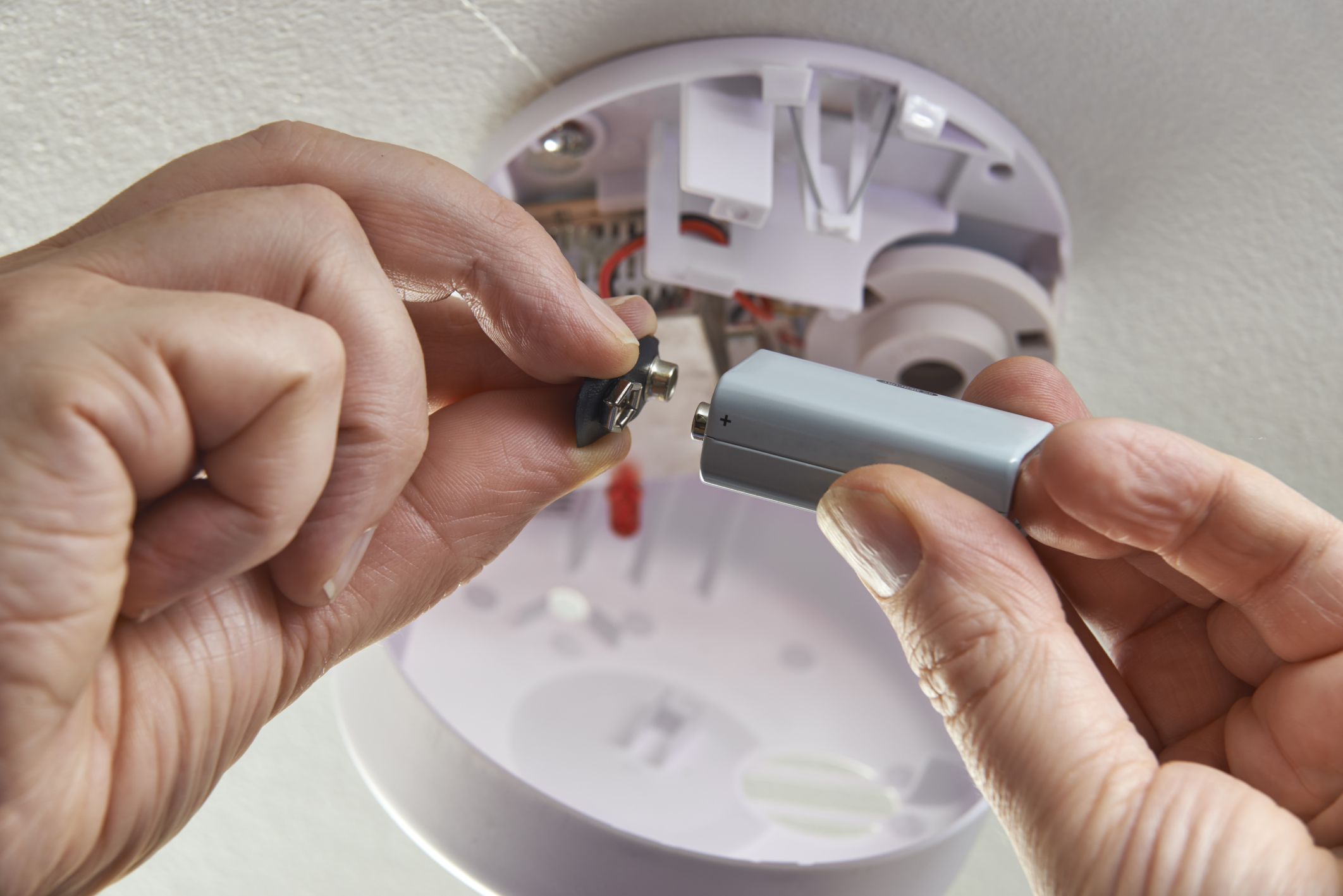
WASHINGTON — It’s a new year and if you live in Maryland or Virginia, you should be prepared for some new rules.
While most laws in both states take effect in either July or October, there are handful of new laws that kicked in Jan. 1. Here’s a brief look at some of them.
Maryland
Smoke detectors
Maryland residents are now required to replace smoke detectors that are run on 9-volt batteries and that are 10 years old with newer longer-lasting smoke detectors that have sealed-in batteries. It’s part of a nationwide transition to more modern smoke alarms.
Smoke detectors in apartments are the responsibility of management, according to the new law. The law does not affect hard-wired smoke alarms.
The Maryland General Assembly approved a similar measure in 2013, and lawmakers say the updated measure aims to re-publicize the fact that 10-year-old smoke alarms need to be replaced.
Birth control access
A Maryland law intended to expand and maintain access to birth control took effect Jan. 1.
Under the law, insurers must provide most forms of contraception, including vasectomies, with no out-of-pocket costs to patients. Insurers must also pay for over-the-counter birth control, including the morning-after pill.
Women will be able to obtain birth control pills and other contraception in six-month doses, as opposed to on a monthly basis. Implants and intrauterine devices will no longer require pre-authorization form insurance companies.
The bill was passed and signed in 2016, but implementation was delayed to give insurers time to prepare. The law only applies to insurers regulated by the state.
Diabetes test strips
Another measure that kicked in Jan. 1 would require most health insurers in Maryland to cover diabetes test strips without out-of-pocket costs.
The law generally bars insurers from imposing a deductible, copayment or coinsurance requirements on the test strips, which diabetics use to check glucose levels in the blood. The measure excepts insurance companies offering high-deductible health plans. The law was originally set to take effect Oct. 1 but had been delayed until the New Year.
Demand for more affordable test strips in Maryland had led to an online “gray” market of cheap and resold supplies in recent years.
Protecting personal data
Maryland companies also get new rules for protecting customers’ and employees’ personal information. The “Maryland Personal Information Protection Act” requires businesses to take steps to protect the personal information of customers, employees and former employees and sets a new timeline for when companies have to inform individuals about a data breach.
If a company discovers a security breach, it must assess the likelihood of personal information being misuses as a result of the breach and then has 45 days to notify individuals, according to the new law. Personal information, under the measure, includes Social Security numbers, bank information, health information and biometric data, such as fingerprint scans
Virginia
Most new laws in Virginia take effect in July, but there are a handful set to kick in with the new year.
A year’s supply of birth control
Women in Virginia will be able to get a year’s supply of birth control pills all at once instead of a supply that only lasts a few months. Supporters said the measure would make it easier to prevent unwanted pregnancies. The measure was opposed by the insurance industry, which argued it would lead to waste.
The bill was originally scheduled to take effect in July but had been delayed.
Home service contracts
A new measure that took effect Jan. 1 shifts responsibility for regulating home service contracts from the State Corporation Commission’s Bureau of Insurance to the Department of Agriculture and Consumer Services, so contractors will have to re-register with the state. Home service contractors will also face new regulations. Read the full bill here.
Good news for numismatists
Coin collectors will no longer have to pay sales tax on transactions exceeding $1,000 starting Jan. 1. A similar sales tax exemption on purchases of gold, silver or platinum bullion is also extended until 2022.
(The Associated Press contributed to this report)








